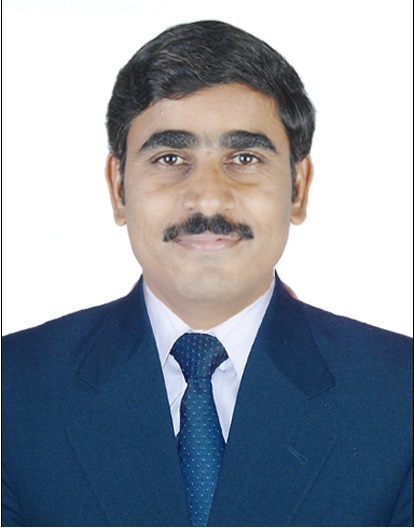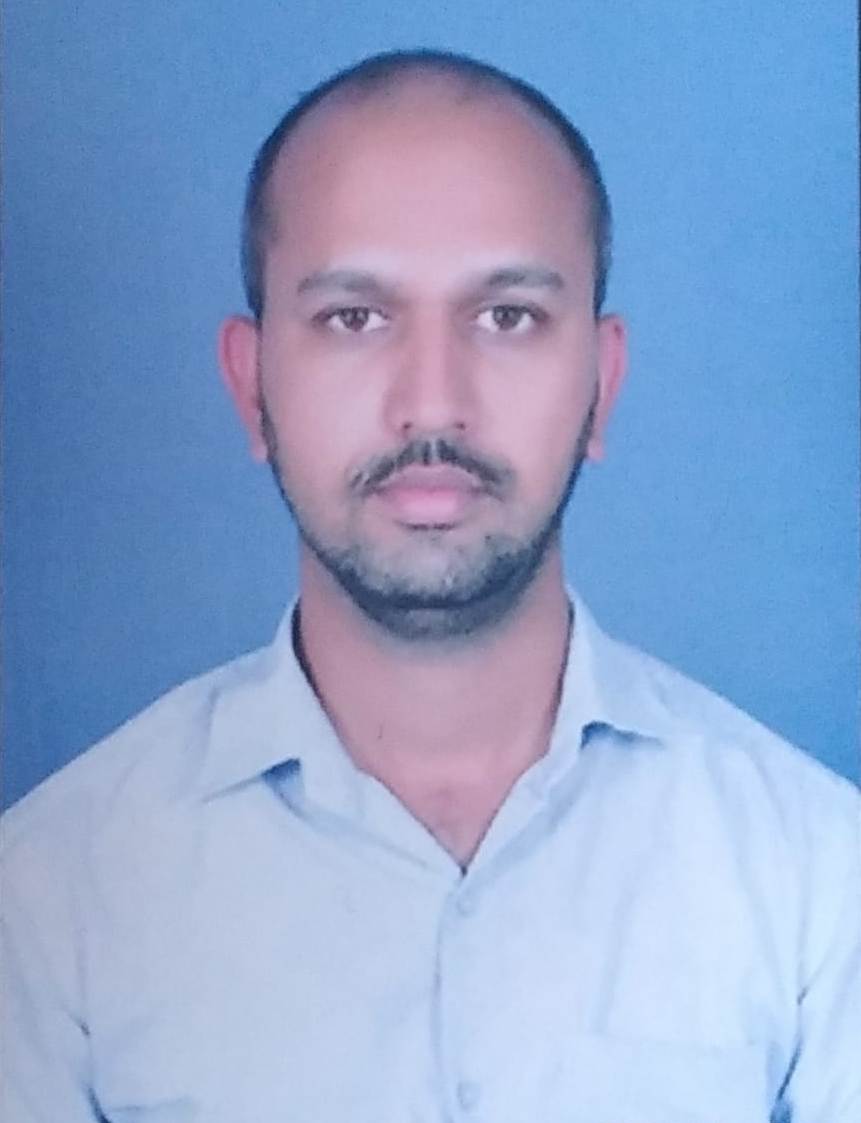About The Course
Mechatronics engineering is the design of computer-controlled electromechanical systems.
The essence of it is that the design of the mechanical system must be performed together with
the design of the electrical/electronic and computer control aspects that together,
comprise a complete system. Mechatronics is a multidisciplinary field that refers to the skill
sets needed in the contemporary, advanced automated manufacturing industry
From Hod's Desk
Mechatronics Engineering also called as Mechatronics, is an interdisciplinary branch of engineering that focuses
on the integration or combination of mechanical, electrical and electronics engineering systems, and also includes
a combination of robotics, electronics, computer science, telecommunications, control systems and automation
systems. In recent, the mechatronic systems are available in our daily life such as washing machines with
electronic controls, smart refrigeration, cruise control technology in modern vehicles, etc. are the applications
that are worked with such interdisciplinary branches. Considering the future growth and current trend of
innovation and multidisciplinary approach, we have started this branch in our institute from 2000-2001.
Dept. Vision
To produce creative, innovative, and ethical technologists who can lead in the dynamic field of Mechatronics.
Dept. Mission
| M1 |
The mission of the Mechatronics Program is to benefit the society at large by offering a thorough theoretical knowledge, practical exposure,
skills for overall personality development towards self-directed lifelong learning a mist societal sustainability. |
| M2 |
To encourage ethical values and leadership abilities in the minds of students so as to work towards the
betterment of the society Program Educational Objectives Statements . |
Program Educational Objectives
| PEO1 |
Program Educational Objectives Statements |
| PEO2 |
Work effectively as individuals and as team members in multidisciplinary projects |
| PEO3 |
Engage in lifelong learning, career enhancement and adopt to changing professional and societal needs. |
Programme Outcome
| PO1 | Basic and Discipline specific knowledge |
Apply knowledge of basic mathematics, science and engineering fundamentals and engineering specialization to solve the engineering problems. |
| PO2 | Problem analysis |
Identify and analyze well-defined engineering problems using codified standard methods. |
| PO3 | Design/ development of solutions |
Design solutions for well-defined technical problems and assist with the design of systems components or processes to meet specified needs. |
| PO4 | Engineering Tools, Experimentation and Testing |
Apply modern engineering tools and appropriate technique to conduct standard tests and measurements. |
| PO5 | Engineering practices for society, sustainability and environment |
Apply appropriate technology in context of society, sustainability, environment and ethical practices. |
| PO6 | Project Management |
Use engineering management principles individually, as a team member or a leader to manage projects and effectively communicate about well-defined engineering activities. |
| PO7 | Life-long learning |
Ability to analyze individual needs and engage in updating in the context of technological changes. |
Programme SPECIFIC OUTCOMES
| PSO1 |
Apply concepts in core areas of Mechanical engineering – Hydraulics and fluid power, Management Systems,
Mechanics of machines and thermal Engineering to solve technical issues. |
| PSO2 |
Develop and optimize solutions in Computer aided manufacturing platforms |










